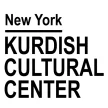"My Life, My Food, My Kurdistan," by Chiman Zebari
 Chiman Zebari, My Life, My Food, My Kurdistan. Self-published, 2015. With Ingrid Parker
Chiman Zebari, My Life, My Food, My Kurdistan. Self-published, 2015. With Ingrid Parker
Discussed at our Book Club on June 6, 2023, with the author present.
Chiman Zebari has a background in language analysis, linguistics, and translation. Holding a master’s in public administration, she worked for the National Security Administration, specializing in Kurmanci and Farsi.
The four regions of Kurdistan, Chiman explained to our Book Club, have similar cuisines, in terms of ingredients, but they differ in flavorings and spices. In Bashur, Kurds use a lot of Arab spices, but in Rojhelat, they use saffron. “The spices make the difference,” she told us.
Kurish food is healthy, she continued, resembling the Mediterranean diet, with fresh vegetables. “We use a lot of yogurt base, herbs, dill, mint, parsley, garlic.”
Chiman herself uses turmeric almost all her dishes. It’s healthy and anti-inflammatory and is delicious. She usually uses organic turmeric. In Iran they use a lot of turmeric, she said, but in Turkey, not so much.
A Kurdish breakfast, her book explained, typically consists of the flatbread called naan, yogurt, cheese, tahini, eggs, and tea. “You will find the same breakfast menu on Kurdish tables, … everywhere, regardless of where you are in Kurdistan.” For lunch, Kurds eat a full meal, while dinner is usually much lighter.
But Kurdish recipes aren’t fixed, she said. You can change them according to taste. Her own mother told her, “This isn’t how you make Dolma.” Chiman responded, “This is how I make it.”
The recipes in her book are a combination of traditional dishes and those she altered to her preferences. The list of recipes alone is mouthwatering:
Entrees:
Carrot Rice, Cabbage Rice, Fava Bean Rice, Lentil Rice, Spnach Rice, Rice with Fish, Kale Rice, Chicken and Rice Casserole (Tah-Chin), Beef Meqlobe (Upside-down Rice Dish), Kurdish Biryani, Red Rice with Chicken, Plain Couscous
Vegetarian Barley Soup, Mung Beans Soup, Noodle Pottage (Ash-e Reshteh), Broccoli Soup, Vegetable Soup
Chickpeas and Chicken Stew, Green Bean and Meat Stew, Celery Beef Stew, Persian Herb Stew (Ghormeh Sabzi), White Bean and Meat Stew, Potato and Meat Stew, Kurdish Lamb Shanks, Okra and Beef Stew, Spinach Stew, Split Peas and Beef Stew, Walnut Stew (Fesinjon), Zucchini and Beef Stew
Eggplant Casserole (Tapsi), Stuffed Eggplant (Sheikh Mahshi), Stuffed Peppers, Stuffed Vegetable (Dolma), Rice and Dill Stuffed Grape Leaves (Dolma)
Kofteh in Tomato Sauce (Tirkshik), Kofteh in Yogurt Sauce (Dooghavah), Beef Shish Kabob, Chicken Tikka, Kurd Burgers (Shifte), Roasted Potatoes and Broccoli, Chuck Roast, Beef Liver, Kurdish Beef Pocket (Borek)
Rice Kubba (Kubba Halab), Kubba Bulgur, Vegetable Samosa, Kurdish Beef Egg Roll, Roasted Stuffed Chicken, Stuffed Potato with Cheddar, Stuffed Biscuits with Spinach, Garlic Pasta, Salad Olivieh (Persian Style), Kurdish Grilled Chicken Salad
Side Dishes:
Kurdish Salad, Yogurt and Cucumber Sauce (Khiyar Mast), Purslane and Yogurt Salad (Pirpêne), Yogurt and Shallot Dip (Mast o Musir), Cilantro Sauce, Kurdish Pickled Vegetables (Torshi)
Sweets:
Baklava, Ladyfinger Baklava, Sweet Cheese Kunafa, Zolobia, Luqm Qazi, Kolicha with Walnuts, Kolicha with Dates, Mahalabia, Cardamom-Flavored Cookies (Shakirlama), Raisin Cookies, Almond Brittle
Drinks:
Chai/ Chay, Yogurt Drink (Mast Av or Doogh)
Several of us made recipes and took photos.
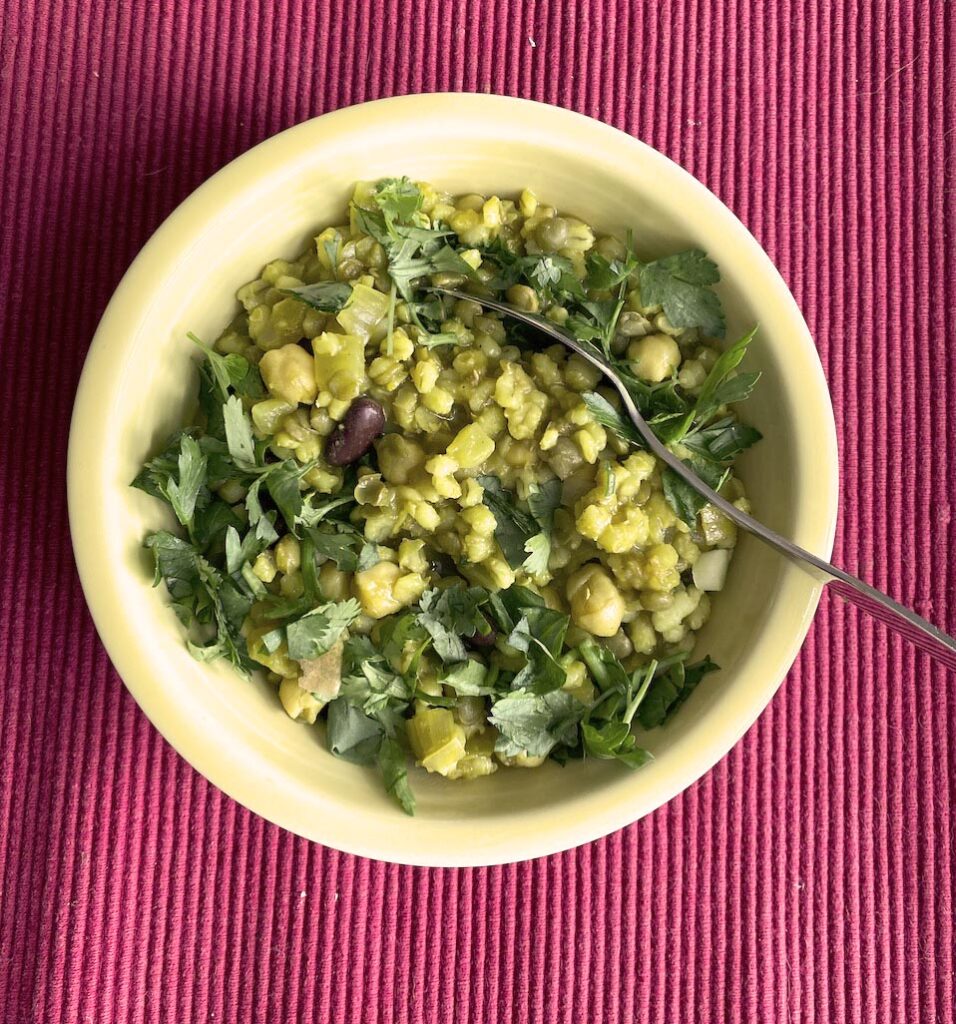
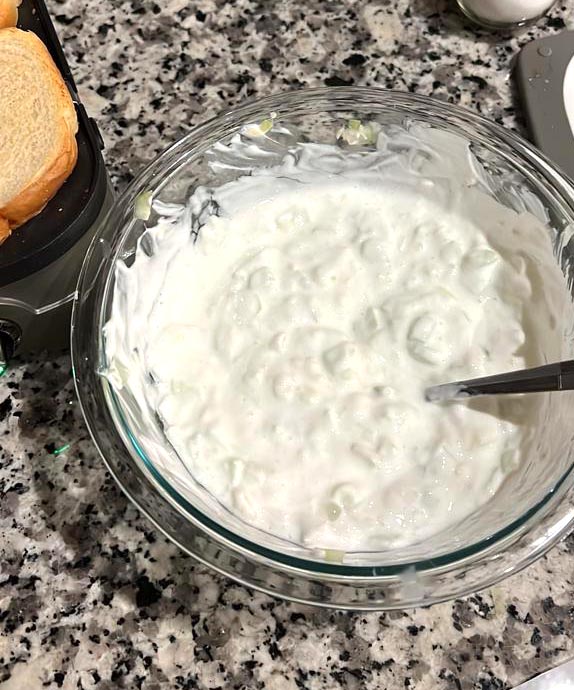
In the spirit of experimentation, another Book Club member improvised a Spinach and Feta dinner:
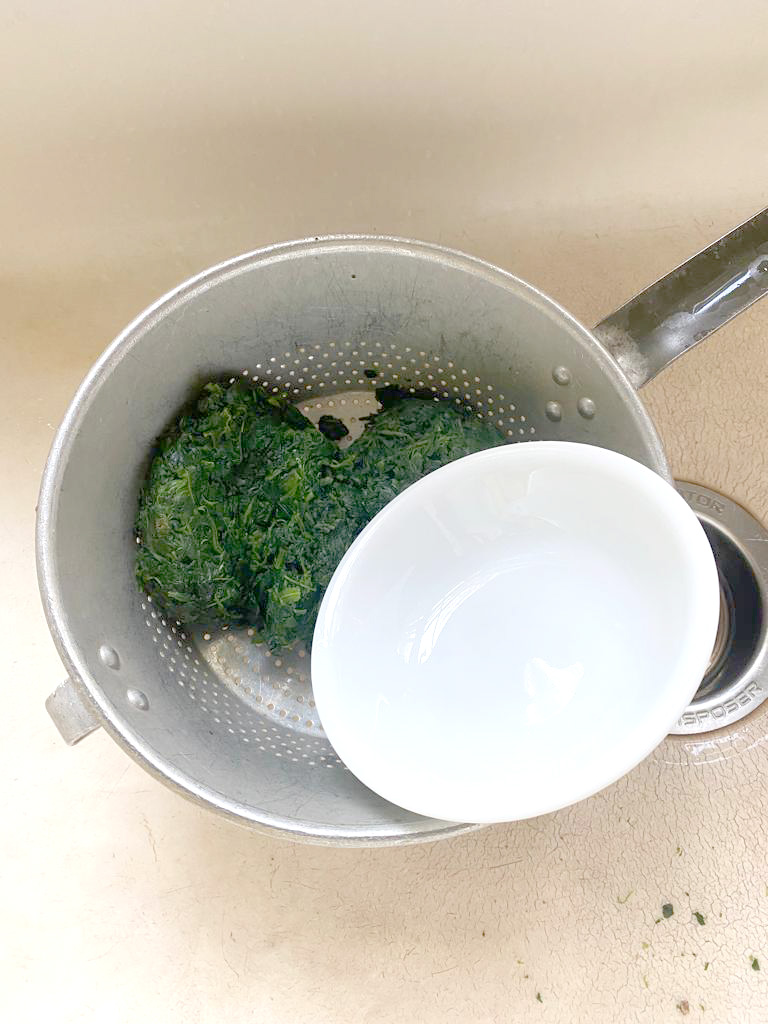
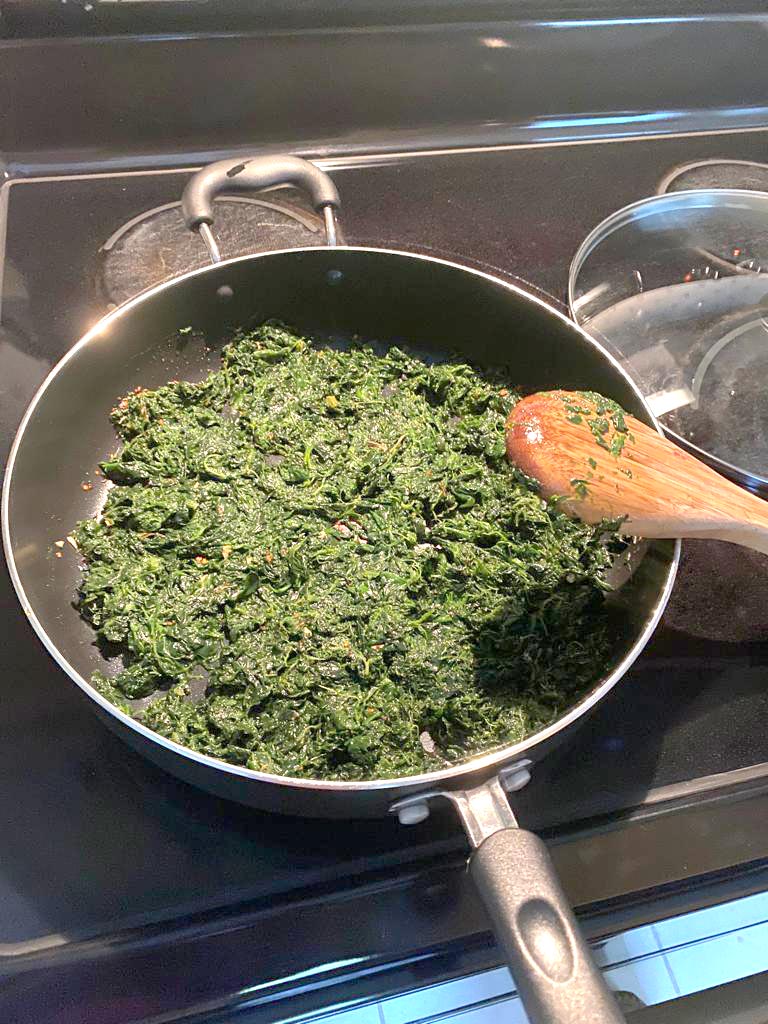
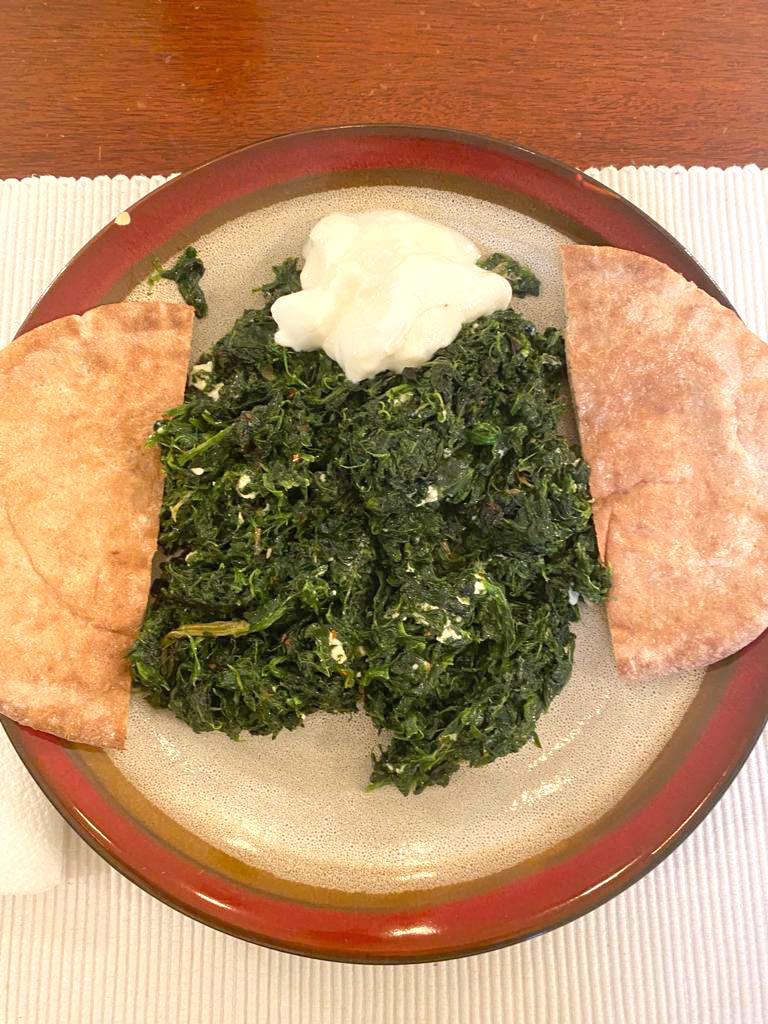
Chiman said she makes bread (naan) every few days. Bread is essential to the Kurdish diet, she explained, because not everyone can afford meat every day, or fruit and vegetables, but everyone can afford flour. “And with bread you can put things on it, onion, cucumber, eat it, and you’re full. Or bread, onion, and feta cheese, and you’re done.”
When she and her family were in the mountains escaping from Saddam, she said, “we carried dried bread and put it in our pockets. You can’t do that with vegetables and fruit.”
Kurdish cuisine has strong resonances with Kurdish culture and identity, but it also reflects a communal spirit with neighbors of all ethnicities and religions. In the region in Bashur where Chiman comes from—Aqrah, Zaxo, and Barzan—harmony prevails among Kurds, Jews, Assyrians, and others, she recalled. “People eat each other’s food, and they intermarry without conversion.”
Today, food is basic to Chiman’s own family and community life. “Cooking for me is therapy,” she said. “I entertain every week. People sit around, we have coffee, it’s fun. It takes several hours to make food. But rice doesn’t take long, and meat just marinates overnight.”
The book is available for purchase here.
Follow Chiman Zebari on Instagram, where she’s “Kurdish Cuisine.”
